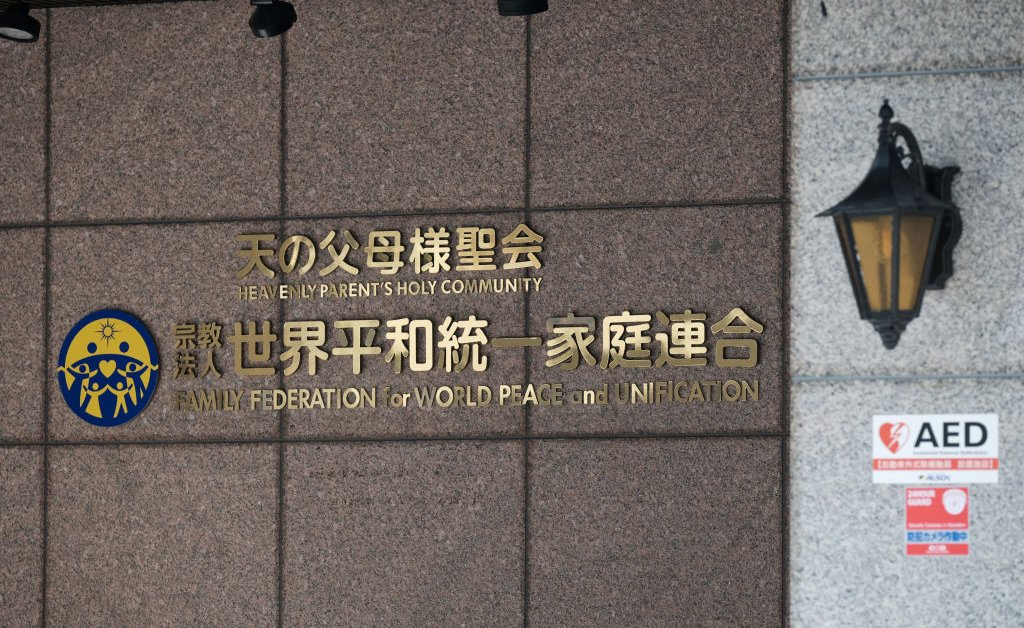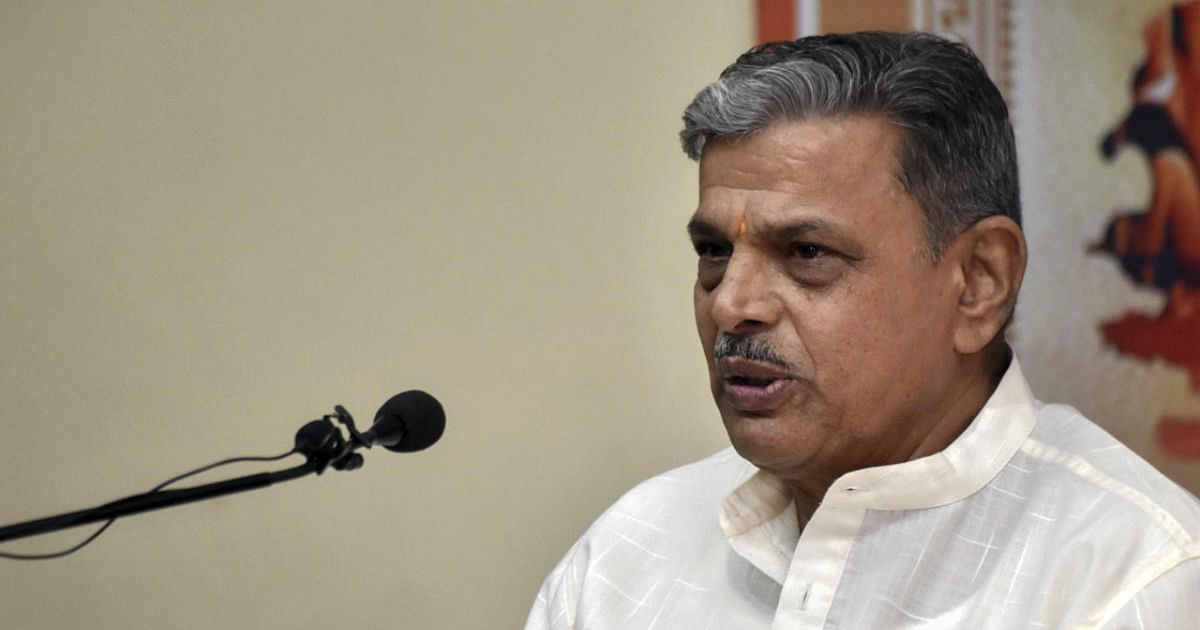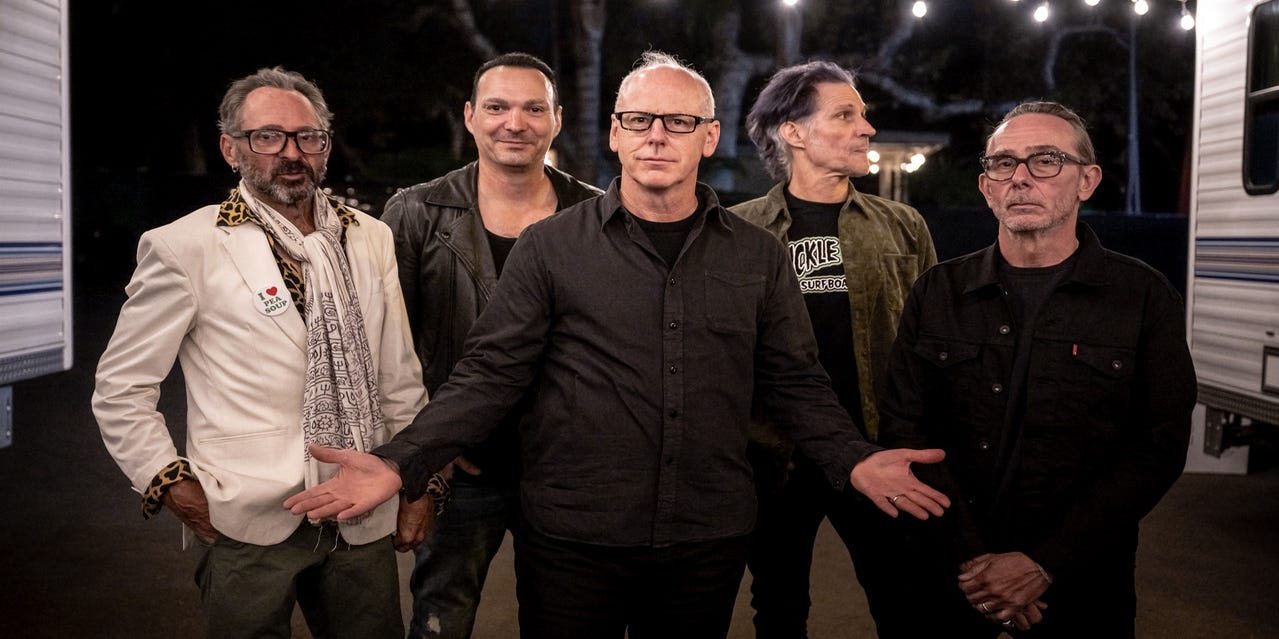Texas' Religious Freedom Commission: A Well-Intentioned Mirage of Liberty
Religion
2025-04-09 09:00:00Content

Why grant a select few unelected individuals from specific religious communities privileged access to state leadership? The proposal to empower a small advisory group of seven people as representatives of millions of diverse religious believers in Texas raises serious questions about representation and democratic principles.
The fundamental concern lies in the problematic assumption that a handful of religious leaders can authentically speak for the complex, multifaceted religious landscape of Texas. Can a Baptist minister genuinely represent the nuanced perspectives of Catholic congregants? Can any small group truly capture the rich tapestry of faith traditions that exist within the state?
This approach risks creating an echo chamber where a narrow slice of religious thought is elevated to an unwarranted position of influence. It challenges the core democratic ideal that governance should reflect the broad, diverse voices of all citizens, not just a privileged few. By concentrating advisory power in such a limited group, we risk marginalizing the vast majority of religious believers whose perspectives remain unheard and unrepresented.
The proposal seems to fundamentally misunderstand the nature of religious diversity and the principles of inclusive democratic representation. True engagement requires a more comprehensive, transparent, and genuinely representative approach to understanding the religious perspectives of Texas residents.
Religious Representation in Governance: A Critical Examination of Advisory Panels
In the complex landscape of modern governance, the role of religious advisory panels has become a subject of intense scrutiny. The intersection of religious representation and political decision-making raises profound questions about representation, legitimacy, and the boundaries of institutional influence.Challenging the Status Quo of Religious Political Consultation
The Problematic Nature of Selective Religious Representation
The current system of religious advisory panels presents a fundamental challenge to democratic principles of representation. When a small, unelected group is granted privileged access to governmental decision-making, it creates a troubling precedent that undermines the broader principles of inclusive governance. The selection process for such panels often lacks transparency and fails to capture the nuanced diversity of religious perspectives within a community. Religious communities are not monolithic entities, but complex ecosystems of belief, interpretation, and cultural experience. The notion that a handful of individuals can authentically represent the multifaceted religious landscape of an entire state is fundamentally flawed. Each religious tradition contains multiple interpretations, theological debates, and diverse viewpoints that cannot be distilled into a single, unified voice.Institutional Limitations of Religious Advisory Panels
The structural limitations of religious advisory panels become increasingly apparent when examining their composition and mandate. These groups typically emerge from existing power structures, often privileging established religious institutions over more grassroots or emerging religious perspectives. This approach inherently marginalizes smaller religious communities, progressive theological movements, and individual spiritual experiences that fall outside traditional institutional frameworks. Moreover, the selection criteria for such panels rarely undergo rigorous public scrutiny. Questions of representativeness, theological expertise, and genuine commitment to broader social justice become secondary to institutional connections and historical precedent. This creates a closed ecosystem of religious consultation that perpetuates existing power dynamics rather than challenging them.Democratic Principles and Religious Consultation
A truly democratic approach to religious consultation would require a more dynamic, inclusive, and transparent mechanism for engaging religious perspectives in governance. This would necessitate a fundamental reimagining of how religious input is solicited, evaluated, and integrated into policy-making processes. The current model of selective religious advisory panels fails to address the fundamental complexity of religious experience in a pluralistic society. It reduces the rich tapestry of religious belief to a narrow, institutionally sanctioned narrative that serves the interests of a select few rather than the broader community.Towards a More Inclusive Model of Religious Representation
Meaningful religious consultation requires a radical rethinking of existing approaches. This might involve creating more diverse, rotating panels that actively seek out perspectives from multiple religious traditions, including minority faiths, progressive theological movements, and non-traditional spiritual communities. The goal should not be to create a homogenized religious voice, but to foster a genuine dialogue that recognizes the complexity and diversity of religious experience. This approach would require ongoing engagement, transparent selection processes, and a commitment to amplifying marginalized religious perspectives.Ethical Implications of Religious Political Influence
The ethical dimensions of religious advisory panels extend far beyond questions of representation. They touch on fundamental issues of separation of church and state, the nature of religious authority, and the role of spiritual perspectives in public policy-making. By critically examining these panels, we open up a crucial dialogue about the appropriate boundaries between religious institutions and governmental decision-making. This is not about diminishing the importance of religious perspectives, but about ensuring that they are engaged with nuance, respect, and a genuine commitment to democratic principles.RELATED NEWS
Religion

Landmark Ruling: Japan Moves to Dismantle Controversial Unification Church
2025-03-25 08:00:00
Religion

Constitutional Clash: RSS Challenges Karnataka's Muslim Quota as 'Discriminatory'
2025-03-23 08:56:33






